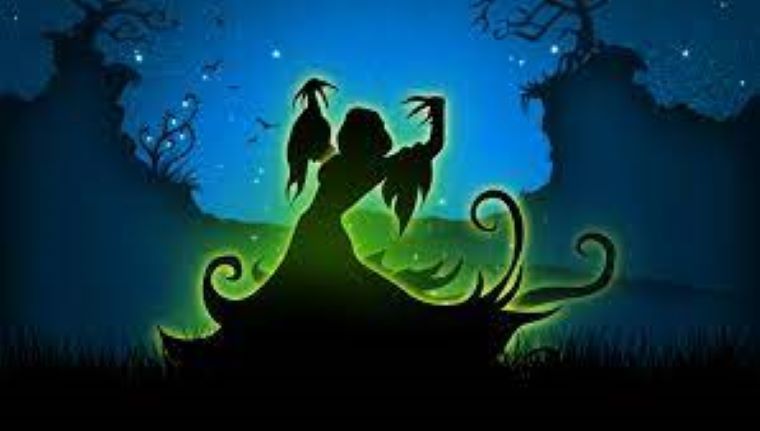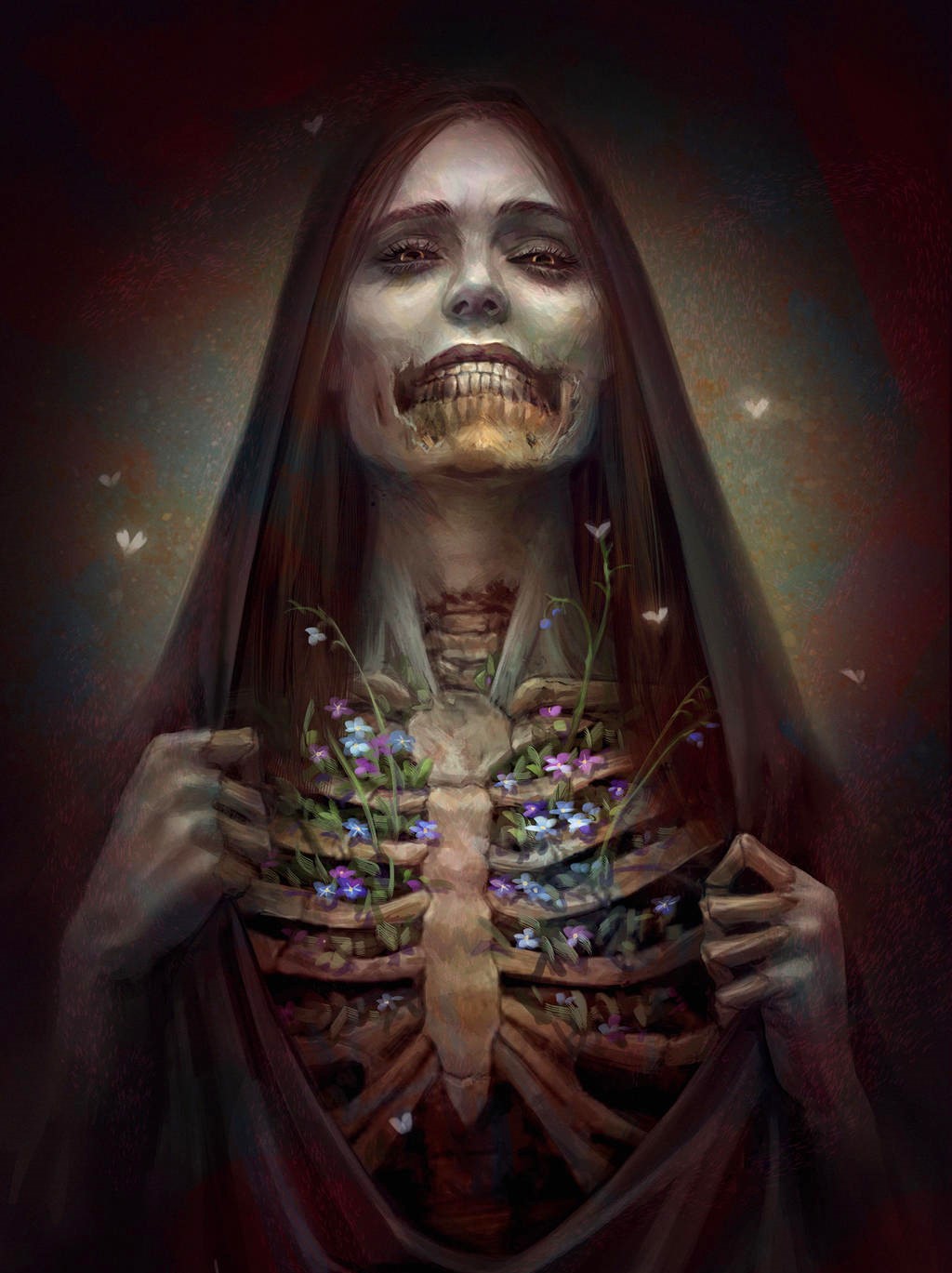
The sound is unmistakeable; a ghostly wailing that wakes the townsfolk, jolting them from their beds. As doors creak open, concerned parents – who have tucked in their young, reminding them that they have nothing to fear – look out cautiously from their front steps. The cries become weaker, less shrill, and come only three times.
In days of yore, the sound of the Welsh Cyhyraeth – a ghostly spirit that cries before the death of a family member or friend – was familiar to many, though no less frightful.
In Welsh, the word “hiraeth” translates to a deep yearning, grief, or sadness, usually over a home – but occasionally a person – that can never be revisited. “Cyhyr” means muscle or flesh. Pieced together, “cyhyraeth” conveys the great sadness that comes from losing someone close.
Most accounts of the Cyhyraeth describe them as disembodied voices or as a spectral being. Others give the creature a body, usually that of a woman. The Cyhyraeth is often depicted as young and beautiful, while at other times she is seen as old and frail, and even skeletal.
Sightings and stories of the Cyhyraeth are so varied that her tale is often combined with that of the Gwrach-y-Rhibyn – the “Hag of the Mist” – a harpy-like creature that visits the window of person who is about to die and calls out their name. The Gwrach-y-Rhibyn can only been seen at crossroads or at lakes as the mists rise. While most sightings of the creature take place as she escorts the dying to the otherworld, sometimes she can be seen washing her hands in the lakes.
 Whether or not the Cyhyraeth and the Gwrach-y-Rhibyn are two creatures with similar stories that have been combined – or if they are the same creature altogether – is up for debate.
Whether or not the Cyhyraeth and the Gwrach-y-Rhibyn are two creatures with similar stories that have been combined – or if they are the same creature altogether – is up for debate.
Another area of discussion concerns which deaths a Cyhyraeth will cry for. For some, their calls are exclusively associated with those who will die in a shipwreck. But other accounts note that she will cry for those who die at battle across oceans, or for those who die from illness at home.
The most common version of the Cyhyraeth story associates the creature specifically with the River Tywi – Wales’ longest waterway. Sometimes called the River Towy, it has a total length of 120 km (75 miles) and flows south-westwards across much of the country. In some accounts, the Cyhyraeth is closely related to the coast of Glamorganshire, which is in close proximity to the River Tywi. While her calls have been heard further afield, it is said that these areas are where the creature is most often heard and seen. Many believe the connection to water – specifically rivers and coasts – is because the Cyhyraeth was once a considered a goddess of the streams.
This legend isn’t unique to Wales, of course. In fact, if the story sounds familiar, it might be as it resembles the Irish legend of the Banshee, and the Scottish myth of the Caoineag.
Culturally, the overlapping makes sense – Ireland, Scotland and Wales are all Celtic nations with similar mythologies that influence one another. It is also likely that these stories all began in the same place, with the same story, and morphed over time into the three similar, albeit distinct tales.
Much could be written the Cyhyraeth. There are other, sometimes contradictory variations and versions. The story is as strange and unusual as death itself – and perhaps that is the point. Trying to describe the anguish of losing someone close is nearly impossible – the feeling of grief is different for everyone and is unique every time it is felt. Grief and loss are informed not only by what kind of relationship one has with someone when they passed, but what sort of shape that relationship took at the time.
Almost always, however, the feeling of grief can feel like a loud and terrible wailing or scream – not unlike that of the Cyhyraeth. Can you hear it?




















Leave a Comment